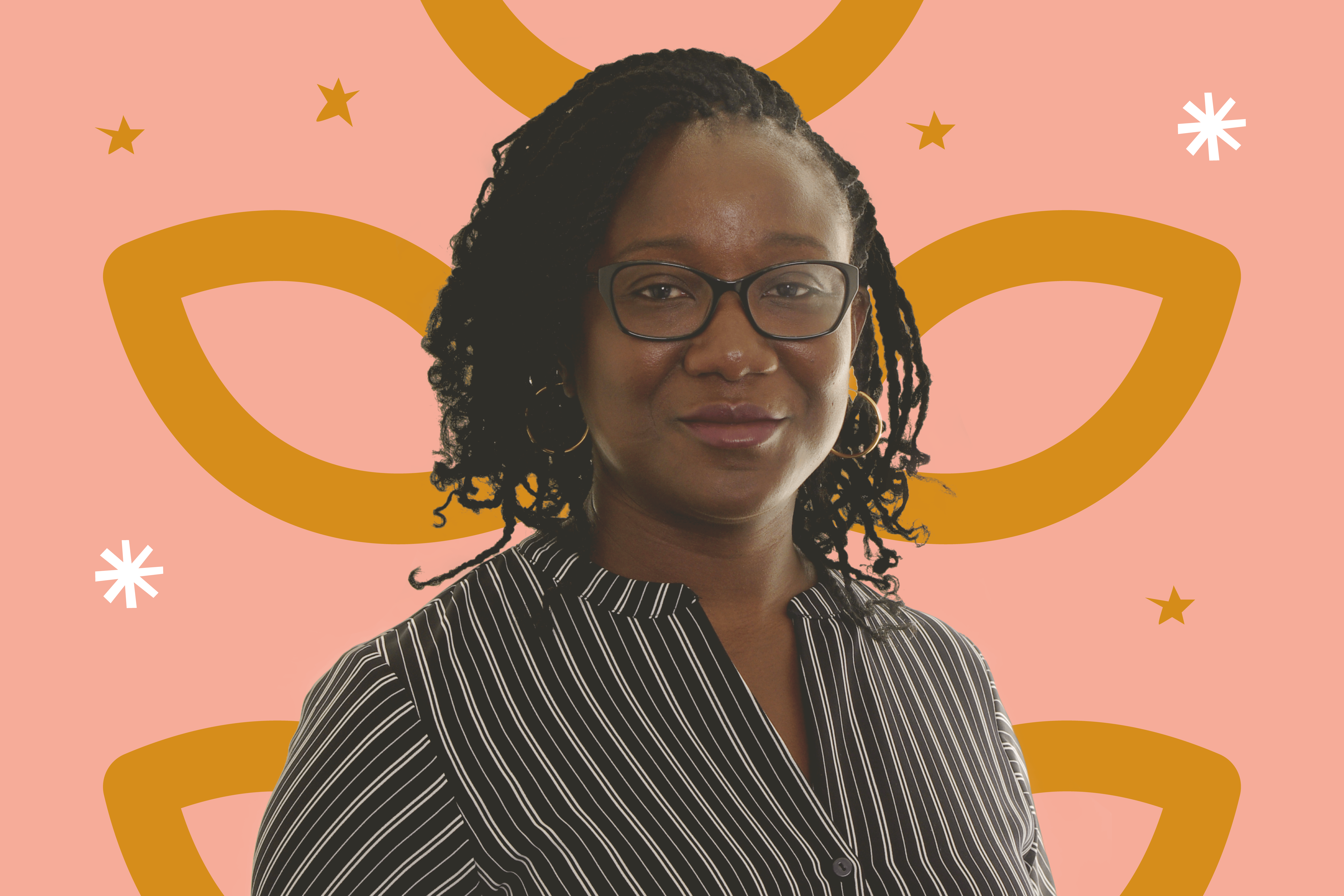COVID-19: The impact on research

By Dr Anatu Mahama
The Covid-19 pandemic has brought unprecedented change to our lives. From how we work, to how we shop and even how we educate our children, Covid-19 has left no corner of society unturned.
And of course, the virus has impacted how universities and research institutions conduct their research.
Since the outbreak, many organisations have shifted the focus of their research towards helping tackle the pandemic; with significant investment being made in to understanding the virus, how it spreads and of course, finding a vaccine.
Some researchers have adapted their research to support the work of the NHS. For example, the Chartered Institute of Ergonomics and Human Factors (CIEHF) has pulled together a team which includes, consultants, designers, occupational health therapists, occupational hygienists, scientists and clinicians to help the NHS, and the social care centre, with valuable research that, ‘aims to contribute to the organisational change at a policy, strategic and operational level’. Not every researcher is able to support the Covid-19 effort directly, and many have seen their research come to a halt thanks to the closure of universities and laboratories. And in current conditions, researchers have found it almost impossible to undertake any empirical research.
We asked some leading academics to share their experience of undertaking research during Covid-19:
“I’ve been involved in developing recommendations for the UK Ventilator Challenge, to encourage manufacturers to embed safety in their designs. We are now working on research for Covid-19 PPE; to improve usability and reduce the problems associated with wearing it for long periods.” – Professor Sue Hignett.
“Coronavirus has had a huge impact on all of us. My research involves me visiting coroners or attending inquests and this has had to stop completely. I’m also not working as productively as I feel I should do, and I haven’t submitted as many articles as I should have done during the ‘opportunity’ of lockdown. Though, I believe that if we can say we have spent more time ‘virtually’ supporting friends and colleagues during lockdown, then it is time well spent.” – Professor Nicola Padfield (QC) Hon.
“At the start of lockdown, I struggled to focus and lost motivation. The increasing number of infections and deaths caused me a lot of distress and I could barely think of my research at that time. Now, I find that productivity can be an issue because I am working from home while caring for an active toddler. In terms of my research methodology, my data collection has been impacted; it has been challenging to get professionals to participate in the discussions and focus groups that I need for my study. While I am achieving a balance, the time I have lost cannot easily be made up and it is likely that I will need to apply for an extension.” – Kudirat Ayinla, PhD student and lecturer.

